08/02/2021
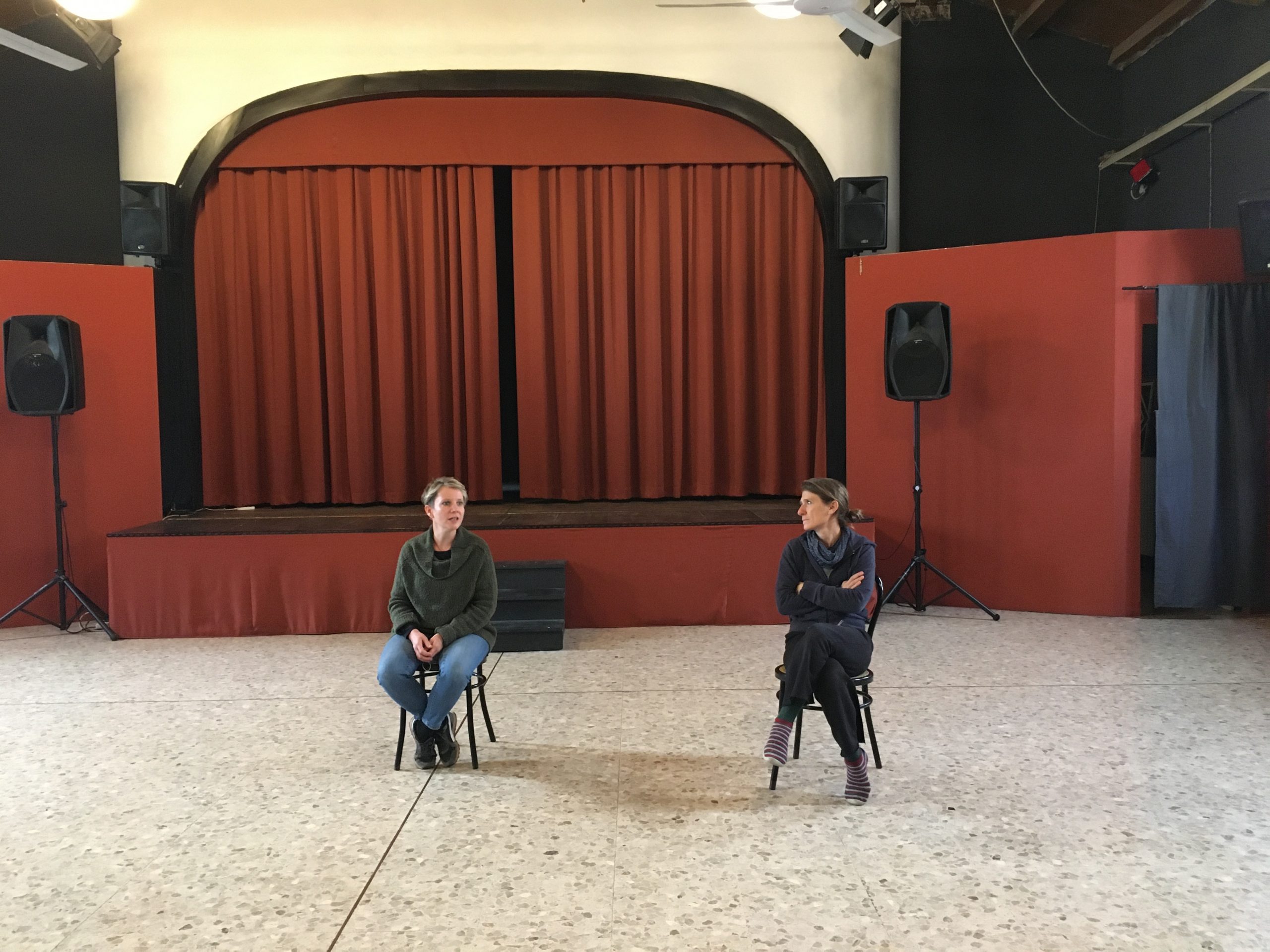
Alessia De Rosa e Elena De Renzio, le drama techers del progetto #Impulso 2020, sono ormai arrivate alla terza edizione e costituiscono il nucleo della squadra del Vivaio per l’Intraprendenza che coordina il lavoro artistico e teatrale. A loro abbiamo richiesto una riflessione su cosa abbia significato lavorare al progetto in piena pandemia di Covid19.
„All’interno del progetto complessivo, solitamente il laboratorio teatrale si svolge nell’arco di 4 settimane per un totale di 16 incontri di 6 ore ciascuno, oltre un paio di giorni per le prove generali dello spettacolo teatrale dal vivo.
Pensando alla stesura di questo contributo, abbiamo avuto un’immagine che è quella di un razzo che parte per lo spazio: un po’ come nei cartoni animati si accende la miccia, si vedono scintille e fiamme che fuoriescono alla base del razzo che poi, dopo aver scaldato i motori, è pronto per la grande avventura nello spazio.
L’esperienza teatrale che conduciamo assomiglia al lavoro di un artificiere, che capisce dove e come la materia umana può ritrovare il fuoco dell’ardore, il piacere della scoperta, la gioia della condivisione.
La scoperta è innanzitutto quella del corpo, dello spazio, della voce, dell’apertura al proprio immaginario, che va poi ad iscriversi dentro un quadro più strutturato di un testo classico che viene semplificato e riadattato in funzione del gruppo e del numero di attori.
Il piano di lavoro
Solitamente dedichiamo la prima settimana alla costruzione del gruppo, dando i primi strumenti con i quali poi cominciare a comporre.
Nella seconda settimana si inizia a lavorare su temi di improvvisazione, avendo già in mente il testo prescelto per lo spettacolo finale; si danno delle tracce lasciando molto spazio alla creatività dei partecipanti, e cogliendo tutti gli spunti che saranno utilizzati nella costruzione della messa in scena.
All’inizio della terza settimana viene consegnato il copione, con l’attribuzione delle parti: si vanno quindi a costruire le scene, mettendo a frutto le esperienze delle precedenti settimane. È un lavoro corale, nel quale chi conduce contiene, seleziona, indirizza, ma lasciando sempre molto spazio alla libertà espressiva del gruppo.
La quarta settimana infine è dedicata alle prove finali: solitamente è nei 4/5 giorni finali che i motori del nostro shuttle iniziano a carburare intensamente.
La sfida è grande, l’emozione fortissima, un mix esplosivo di entusiasmo e paura.
Zig – Zag
Quest’anno la nostra traiettoria di lavoro ha seguito una geometria temporale imprevedibile, decisamente a zig zag. Ogni zig e ogni zag era determinato dai vari decreti governativi che aspettavamo davanti alle radio, computer, TV, con grande ansia, maggiore dell’attesa del risultato di una partita.
E quella partita era proprio la nostra.
Quest’anno l’andamento è stato particolarmente acrobatico poiché non siamo passati dalla modalità in presenza a quella online ma siamo andati e tornati più volte da una modalità all’altra per poterci attenere ai regolamenti (numero di persone, numero di metri quadri, tipo di attività concesse) senza mai sapere in anticipo se avremmo potuto portare a compimento una pièce dal vivo (comunque chiaramente senza pubblico) o se avremmo dovuto proporre una forma di evento online. Chiaramente il piano di azione sarebbe stato completamente diverso in un caso o nell’altro. Ciò è stato una fonte di stress molto forte da parte delle dramateacher e ha generato momenti di sbandamento nel gruppo composto di ben 29 partecipanti.
Il gruppo ha dovuto oltretutto spezzarsi a metà per questioni di salute, attesa test covid, quarantene…
Noi ci siamo spartite il lavoro: una seguiva metà gruppo online, l’altra la seconda metà gruppo in presenza.
Abbiamo agito come le guide di alta montagna: dare fiducia agli escursionisti, chiedergli fare un passo dopo l’altro, in cordata lasciando che la solidarietà ci portasse a superare gli ostacoli, le cime inaspettate da scalare e le condizioni metereologiche impervie. E proprio come dopo un’ardua gita in montagna, arrivare in cima è una grande soddisfazione quasi direttamente proporzionale allo sforzo compiuto.
Abbiamo avuto la fortuna di avere un gruppo di persone ricco e generoso sia umanamente che artisticamente e un livello di rispetto e comprensione del lavoro che ha aiutato a mantenere il gruppo compatto.
L’emergenza ci ha fatto quindi stringere i gomiti per farci forza.
Abbiamo così fatto di necessità virtù: visto l’ingente numero di ore da passare davanti al computer abbiamo chiesto al gruppo di partecipare attivamente all’ideazione delle scenografie, dei costumi e delle musiche. Abbiamo inoltre sfruttato i lunghi tempi online, poveri dal punto di vista del corpo attoriale, lavorando sul testo, suddividendoci in gruppi di lavoro in semi autonomia. Un gruppo ha riscritto una parte del testo in versione contemporanea permettendo un taglio drammaturgicamente importante. Così i tempi online si sono focalizzati sulla lettura, riscrittura e discussione.
Abbiamo dovuto modificare il calendario generale che solitamente separa la parte di job coaching da quella teatrale. Le due attività hanno dovuto sovrapporsi e questo aspetto ha contribuito a mantenere i partecipanti in un ritmo di lavoro sostenuto, che a volte li ha messi a dura prova. Nonostante tutto, sono arrivati con una buona preparazione nella fase finale di allestimento dello spettacolo. Diversi partecipanti avevano già fatto teatro e questo ha aiutato il gruppo a sentirsi più solido.
Tutti i parametri che di solito regolano l’andamento del lavoro teatrale del progetto #Impulso, in questa ultima edizione sono stati stravolti. Già dall’inizio, il lavoro in presenza ha significato lavorare a distanza di 1 o 2 m, con le mascherine sempre sul viso, salvo qualche improvvisazione a piccoli gruppi; questa è stata una limitazione forte ma che ha portato la consapevolezza di quanto un orientamento o una geografia nello spazio possa essere determinante. Abbiamo potuto realmente valorizzare ciò che doveva sostituire il contatto fisico: gli sguardi, i diversi stati di tono e di energia, gli impulsi, i livelli orizzontale-verticale. Anche nel progettare la struttura dello spettacolo abbiamo dovuto considerare questi vincoli: abbiamo scelto come testo il “Sogno di una notte di mezza estate”, che ci ha permesso di lavorare in sottogruppi di personaggi, che si sono rivelati molto utili nell’ aiuto vicendevole per la memoria del testo.
Il gruppo “spezzato”. La modalità live/online molto altalenante. La scelta di fare lo spettacolo dal vivo senza pubblico mandando in diretta streaming una ripresa video. L’esercizio di tanti anni dell’improvvisazione creativa ci è venuta in soccorso in questo frangente.
Non è facile descrivere tutte le grandi ondate emotive, le tensioni, le lunghe riunioni su Zoom per il capire il da farsi. A turno ci siamo sostenute, sicuramente supportate dalla caparbietà delle nostre responsabili del Vivaio per l’Intraprendenza!
Quello che è certo è che ancora una volta il teatro si è rivelato in tutta la sua forza d’impatto, come un’arte del collettivo, che incarna per davvero il motto: l’unione fa la forza.
D’altra parte, il teatro pieno e l’esplosione emotiva degli applausi da parte del pubblico ci sono mancati molto. Così come ci manca, e tanto, il riconoscimento del valore che l’arte, la cultura, la creatività hanno; anzi, queste attività oggi vengono negate, dimenticate e considerate non necessarie al benessere dell’essere umano.
In English:
Alessia De Rosa and Elena De Renzio, the drama techers of the #Impulso 2020 project, are now in their third year and form the core of the Vivaio per l’Intraprendenza team that coordinates the artistic and theatrical work. We asked them to reflect on what it meant to work on the project in the midst of the Covid19 pandemic.
“Within the overall project, the theatre workshop usually takes place over a period of 4 weeks for a total of 16 meetings of 6 hours each, plus a couple of days for the general rehearsal of the live theatre performance.
Thinking about the drafting of this contribution, we had an image of a rocket taking off for space: a bit like in cartoons, the fuse is lit, sparks and flames are seen coming out at the base of the rocket, which then, after warming up its engines, is ready for the great adventure into space.
The theatrical experience we conduct resembles the work of an artificer, who understands where and how human matter can find the fire of ardour, the pleasure of discovery, the joy of sharing.
The discovery is first and foremost that of the body, of space, of the voice, of opening up to one’s own imagination, which is then inscribed within a more structured framework of a classic text that is simplified and readapted according to the group and the number of actors.
The plan
We usually devote the first week to building the group, giving it the first tools with which it can then begin to compose.
In the second week we start to work on improvisation themes, already having in mind the text chosen for the final performance; we give traces leaving a lot of space to the creativity of the participants, and taking all the cues that will be used in the construction of the staging.
At the beginning of the third week, the script is handed over and the parts are assigned: the scenes are then constructed, making use of the experiences of the previous weeks. It is a choral work, in which the conductor contains, selects, directs, but always leaving a lot of space for the expressive freedom of the group.
The fourth week is dedicated to the final rehearsals: it is usually in the final 4/5 days that the engines of our shuttle start to run intensely.
The challenge is great, the emotion very strong, an explosive mix of enthusiasm and fear.
Zig & Zag
This year, our working trajectory followed an unpredictable time geometry, decidedly zigzagging. Each zig and each zag was determined by the various government amendments that we waited for in front of the radios, computers, TV, with great anxiety, greater than waiting for the result of a football match.
And that game was ours.
This year the trend was particularly acrobatic as we did not switch from the in-person to the online mode but went back and forth several times from one mode to the other in order to comply with the regulations (number of people, number of square metres, type of activities allowed) without ever knowing in advance whether we would be able to complete a live performance (however clearly without an audience) or whether we would have to propose a form of online event. Clearly the plan of action would have been completely different in one case or the other. This was a source of great stress on the part of the drama teachers and generated moments of disbandment in the group of 29 participants.
The group also had to be split in half due to health issues, waiting for covid tests, quarantines….
We divided the work between us: one followed half of the group online, the other half of the group in person.
We acted like high-mountain guides: giving hikers confidence, asking them to take one step at a time, roped together, letting solidarity carry us over obstacles, unexpected peaks to climb and impervious weather conditions. And just like after an arduous mountain hike, reaching the top is a great satisfaction almost directly proportional to the effort made.
We were fortunate to have a rich and generous group of people both humanly and artistically, and a level of respect and understanding of the work that helped to keep the group together.
The emergency then made us clench our elbows to give ourselves strength.
So we made a virtue of necessity: given the large number of hours we had to spend in front of the computer, we asked the group to take an active part in designing the sets, costumes and music. We also took advantage of the long online time, which was poor from the point of view of the body practice, by working on the text, dividing ourselves into semi-autonomous working groups. One group rewrote part of the text in a contemporary version, allowing a dramaturgically important cut. Thus the online times were transformed into reading, writing and discussion times.
We had to change the general schedule which usually separates the job coaching part from the drama part. The two activities had to overlap and this helped to keep the participants in a fast pace of work, which sometimes put them under strain. Nevertheless, they arrived with a good preparation in the final stage of the performance. There was a high percentage of participants who had done theatre before and this helped the group to feel more solid.
It can be said that more or less all the parameters that usually govern the progress of the #Impulso project were overturned in this last edition. Right from the start, working in person meant working at a distance of 1 or 2 metres, with masks always on the face, except for a few improvisations in small groups; this was a strong limitation but one that brought awareness of how much an orientation or geography in space can be decisive. We were able to really make the most of what had to replace physical contact: the looks, the different states of tone and energy, the impulses, the horizontal-vertical levels. We also had to consider these constraints when designing the structure of the performance: we chose „A Midsummer Night’s Dream“ as the text, which allowed us to work in subgroups of characters, which proved very useful in helping each other to remember the text.
The „broken“ group. The very fluctuating live/online mode. The choice of doing the performance live without an audience by streaming a live video recording. The many years of creative improvisation came to our aid at this juncture.
It’s not easy to describe all the big emotional waves, the tensions, the long meetings on Zoom to figure out what to do. We took it in turns to support each other, certainly supported by the obstinacy of our Vivaio per l’Intraprendenza leaders!
What is certain is that once again theatre has revealed itself in all its power to make an impact, as an art of the collective, truly embodying the motto: union is strength.
On the other hand, we missed the full theatre and the emotional explosion of applause from the audience. We also miss the recognition of the value that art, culture and creativity have; indeed, these activities are nowadays denied, forgotten and considered unnecessary for the well-being of human beings.“
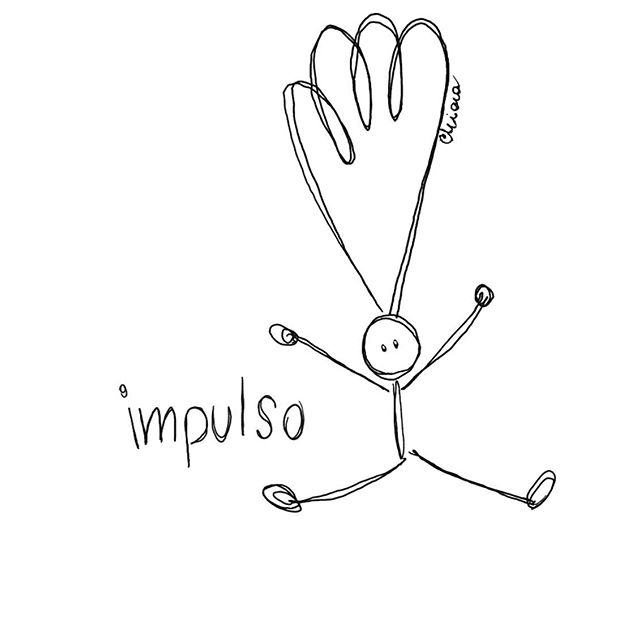
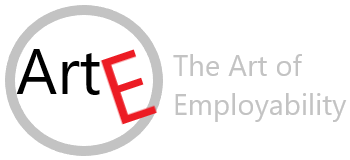
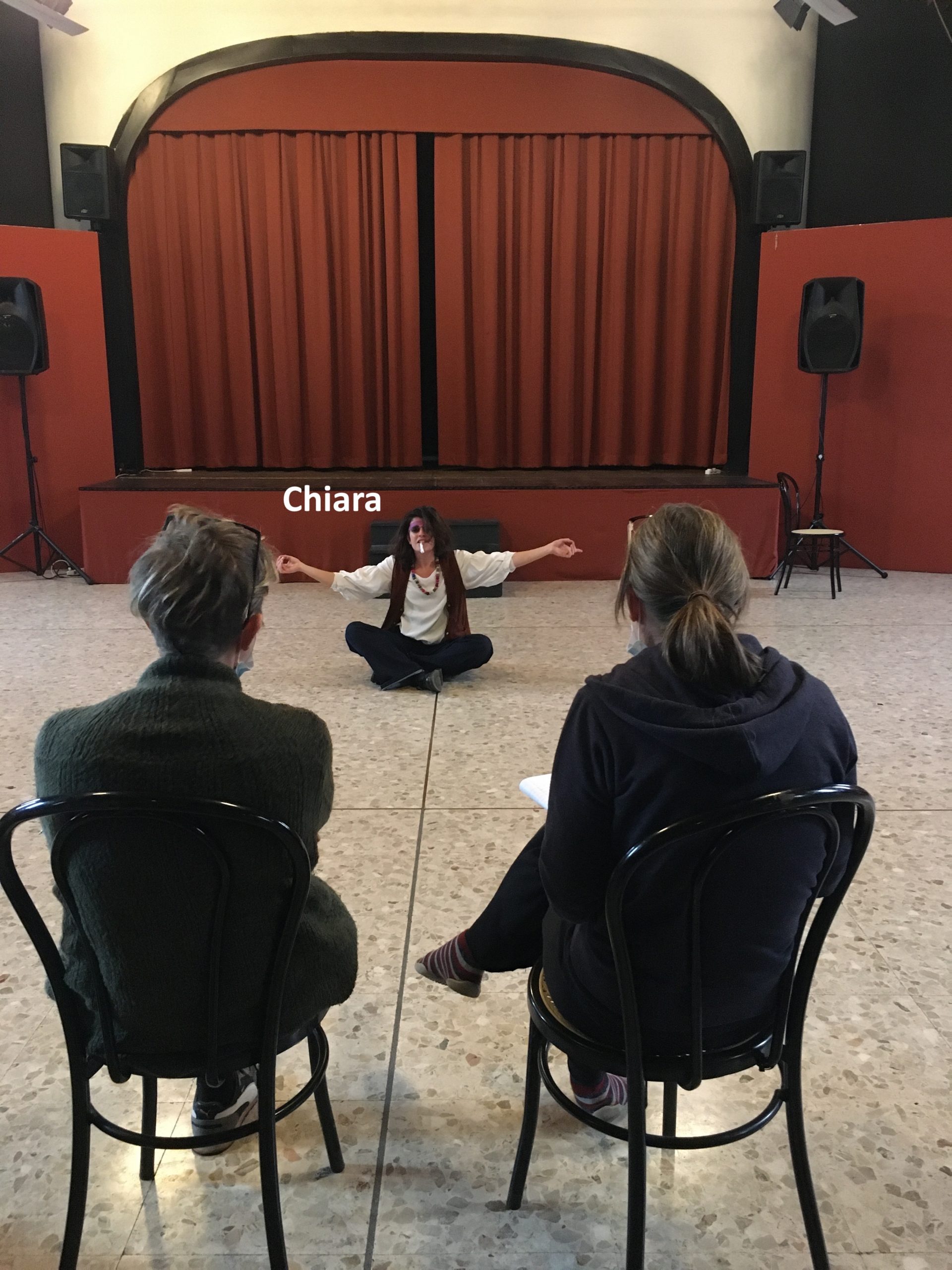
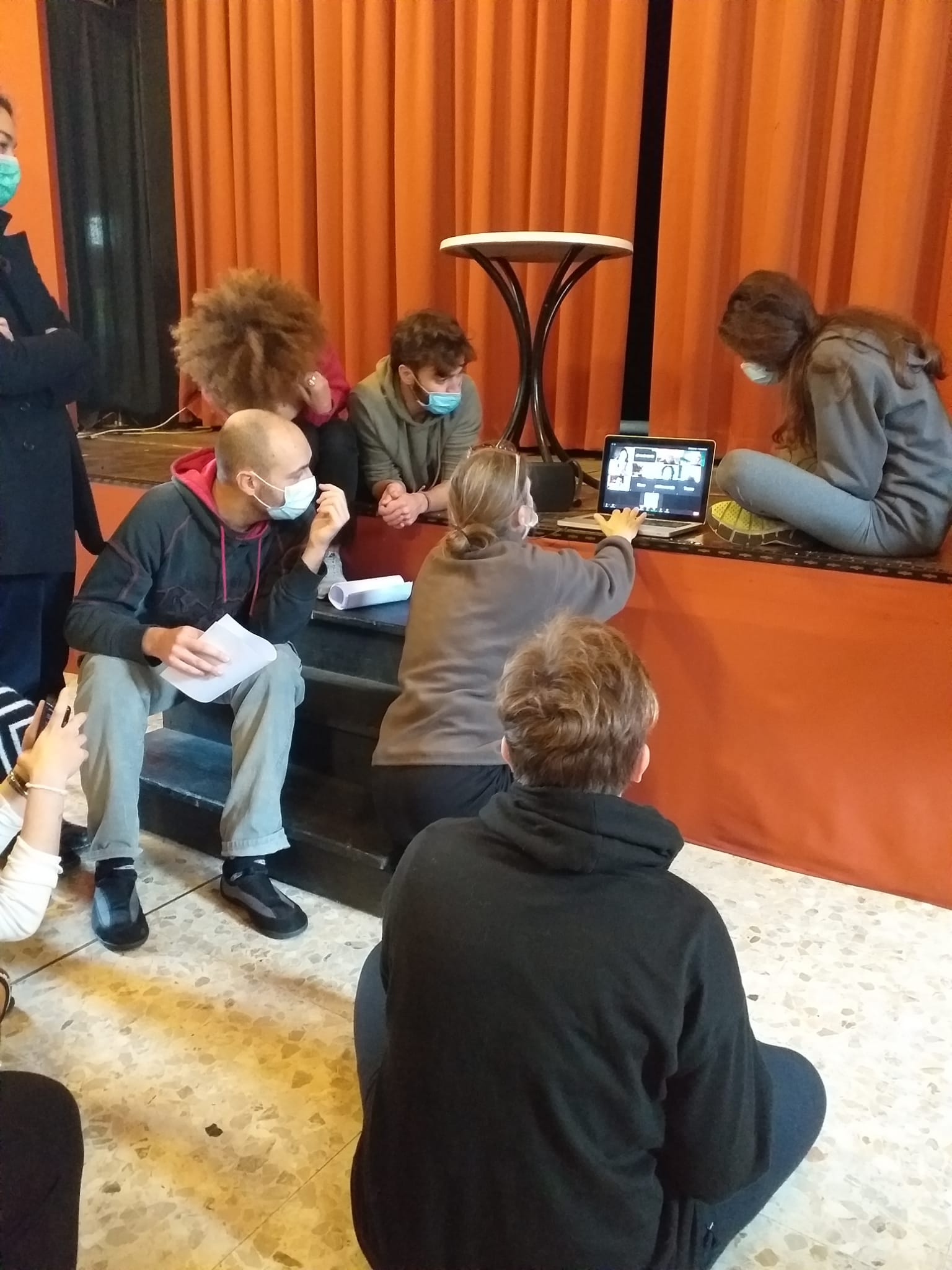
No Comments